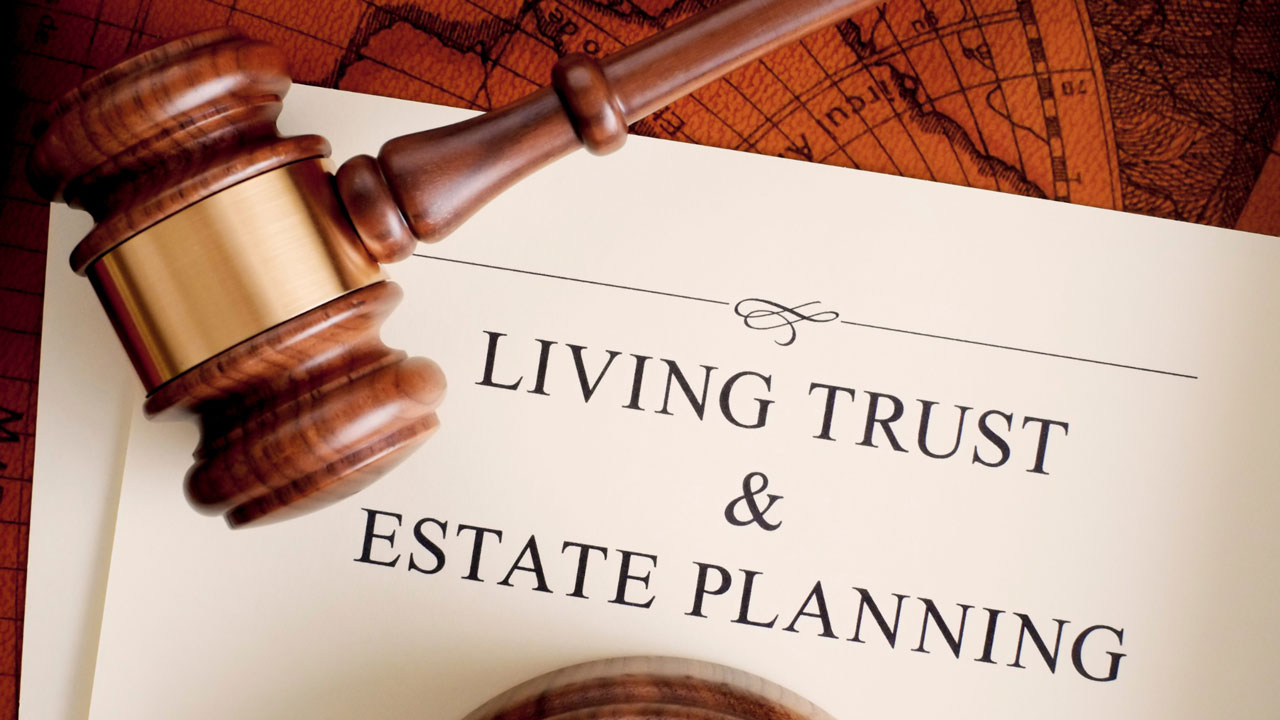What happens if you don't have a will? Financial experts recommend creating a will or a living trust to provide clear instructions on how to handle your end-of-life care, finances, and more. Without one, you have no control and power over what happens to your assets, heirs, and other important decisions. An Orange County estate planning attorney can answer all of your questions related to estate law cases and wills.
Whether you need help creating a will for yourself or are trying to navigate probate court, a skilled attorney can be a helpful ally. Here, we'll discuss some of the problems that may arise if an individual doesn't leave a will behind.
What Is Estate Planning?
Estate planning includes all the financial and legal plans you make concerning your death.
Your estate plan may include several legal documents that show your loved ones, as well as legal professionals, your final wishes. This may include topics ranging from what inheritance you want to leave behind to friends to how you want your funeral to go.
Primarily, estate planning documents allow you to decide on the distribution of your assets and properties after you die. It includes assets like your real estate, investment portfolio, valuable art, jewelry, and even digital assets. You can donate money to charity, set aside property for a specific beneficiary, and make sure loved ones are financially supported.
Most people think of wills when they think about estate planning. Wills are some of the most essential documents for anyone wanting to plan ahead, but they aren't the only tools at your disposal.
Trusts are another popular estate planning document, and they allow you to transfer assets to your beneficiaries seamlessly upon your death. Some trusts have special benefits, such as protecting your assets and shielding them from taxes.
Estate planning is a complex task, especially if your estate is significant or is in an unusual situation. Legal and financial advisors at McKenzie Legal & Financial can help you with drafting trust documents and estate plans.
What Does It Mean to Be Intestate?
When you die without a legal will, there are no legal guidelines from you on how to settle your affairs after your death. This can occur when you leave no will at all, but it can also happen when a will is deemed invalid in court.
When this happens, you are considered intestate. This means that the probate court will decide how to disburse your assets using local laws. Generally, they will distribute assets to your closest family members first, starting with your spouse, children, and parents. If they can't find any kin at all, the state will take possession of your assets.
The probate process is slow and costly. When there's no will to follow, it can take months or over a year to finalize probate. The longer it drags on, the higher the fees will be.
A lengthy probate case will delay when your family can access your assets, pay off debts, and complete other important tasks. Going through probate can complicate an already difficult time for your family.
How Does Estate Planning Benefit Your Family?
Some people delay estate planning because it doesn't seem necessary or relevant to everyday life. However, creating an estate plan is one of the most beneficial decisions you can make.
It allows you to create funeral plans, provide instructions on how to pay off your debts, and provide relevant information about your various assets, from vehicles to bank accounts.
If you have minor children, your estate plan can also include details about their care after your death. For example, you can assign a guardian who you trust to care for your children if you and the other parent are both unable to. This may be grandparents, one of your siblings, or anyone else you trust.
If you have loved ones who aren't part of your immediate family, it is important to take extra steps to include them in your will or trust. The state won't automatically recognize them as beneficiaries, but you can easily include them when you write your will.
Your estate plan can also include medical directives that express your wishes regarding issues like being an organ donor or staying on a ventilator. Overall, it can make life easier for your loved ones as they grieve your death and deal with related practical matters.
How Can An Estate Planning Attorney Help?
If you're interested in estate planning but aren't sure where to start, the first step may be finding a legal advisor who can give you reliable advice. Working with a professional ensures that your estate plans will be legally valid and comprehensive.
Together, you can settle all the details of your estate plan, such as choosing an executor who will carry out your requests, settle your debts, and notify government entities of your passing.
An attorney with a financial background can also suggest ways to protect your assets, reduce estate taxes when possible, and ensure that your family is provided for. They can suggest options you aren't aware of that will provide considerable advantages.
If you have a loved one with special needs, for example, it's possible to set up a special trust fund that will give them the money they need for good medical care and high quality of life.
Choosing a Trusted Estate Planning Attorney in Orange County
A well-made estate plan will benefit your loved ones and help you make the most of your wealth. When you choose an estate planning attorney, look for one with relevant experience and expertise in the field.
McKenzie Legal & Financial is the top estate law firm in the Southern California area. Our Orange County estate planning attorney has spent over two decades in estate planning law and as a financial consultant.
We are available for consultations to discuss your goals and find solutions to any concerns you may have. Contact us today for expert financial advice and practical estate planning services!











